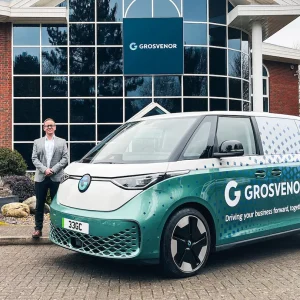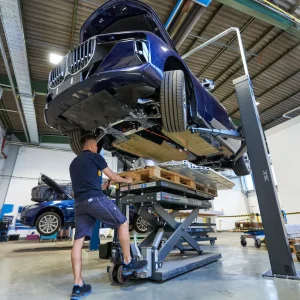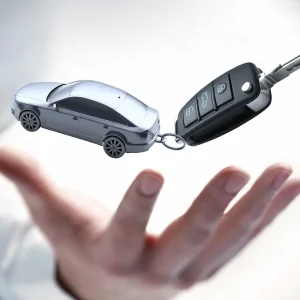The dust has settled over this year’s Budget and while in general it has come in for some criticism I welcome the Government’s focus on the environment and sustainable travel. To manage costs and remain efficient now and in the future fleets and drivers must act in a sustainable way. However, with the Chancellor clearly driving the green agenda there is a price to pay for the motorist.
The 2p per litre increase in fuel duty scheduled for September and subsequent annual rises above inflation is the announcement that will make the biggest difference to the most motorists because it affects us all. Increases in fuel duty don’t come as a surprise but that doesn’t make it any easier a pill to swallow, especially with fuel prices beginning to creep up at the beginning of this year.
This allied with reforms to the banding of company car tax leaves company car drivers licking their wounds. The Government did try to inject some good news with their scrappage scheme, but the problem is that someone who currently owns a 10 year old vehicle may not be in a position to afford a brand new car, even if you give them £2000 towards the cost.
The upshot is that the Government’s focus on the environment sends a clear message to drivers and companies that it has never been more important to make your fuel go further and puts pressure on fleets to make proactive fuel management a prerequisite for effective vehicle management.
Over the coming years, fleets must show the ability to adapt to the changing market conditions, taking a holistic approach to managing their costs. This will begin with a sustainable approach to vehicle selection and goes right through to ensuring that drivers are properly trained to make their fuel go further. Companies must also ensure that processes are in place to cut out unnecessary mileage and provide alternatives to using the car where relevant.
Fuel will be a major area of focus for businesses and drivers alike and by encouraging drivers to use the cheaper fuel forecourts will make a significant difference. As will getting drivers out of their cars and using resources like conference calling or car sharing. It will be frustrating to many that we have to change our behaviour to counterbalance the impact of this year’s budget. The bottom line is that putting the budget to one side, these are efficiencies that we should have been making anyway to effectively manage our expenditure in a sustainable way.





